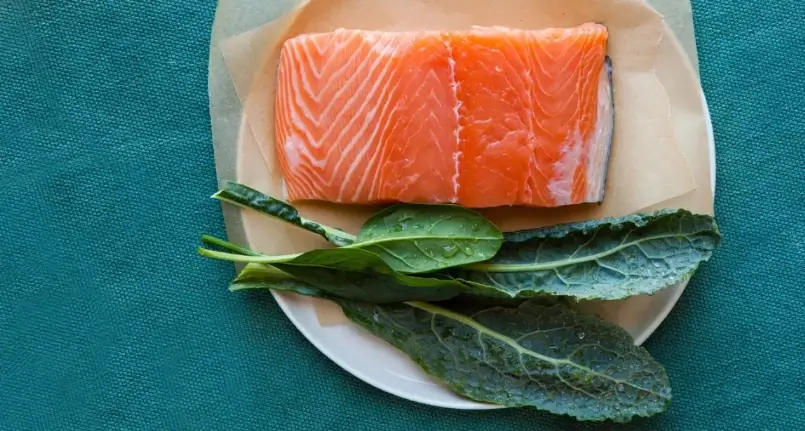Introduction
Consuming foods associated with better health and a lower risk of disease – such as whole grains , fruits, seasonal vegetables , free-range eggs , nuts , legumes and olive oil – is also environmentally sustainable. Globalization and urbanization have led to a drastic change in eating habits, in order to limit the damage, however, the right direction is that of recovering food culture and traditions and making more informed choices by preferring foods with a high nutritional value to the detriment of industrial products. Adopt sustainable food behaviors, not only is it good for health, as proven by multiple research and scientific studies, but it significantly reduces the environmental impact.
Prefer plant foods
Most nutritious foods , aside from fish , as several studies have shown, appear to cause less harm to the environment than foods linked to higher risk of type 2 diabetes , stroke , coronary heart , disease, and colon cancer – rectum , such as unprocessed and processed red meats , industrial and processed foods. The reason lies in the production processes of the food industry, oriented towards massification, intensive farming and the consumption of land and energy. The production of plant-based foods, in fact, involves a decidedly lower gas emissiongreenhouse gases (GHG) and land use and has a smaller effect on freshwater scarcity and nutrient pollution than animal products production
Limit the consumption of meat and fish
Between fish and meat, nutrition experts, but also those most attentive to the environmental issue, recommend preferring the first food. However, although fish is a food with healthy properties in general, it still has a greater impact on the environment than vegetable proteins such as nuts and legumes. This is partly due to the wide variety of fish production methods, some of which create more greenhouse gas emissions than others. It does not mean that fish should be completely eliminated from the diet, but rather prefer foods of plant origin and consume only fish that are traced and of safe origin, farmed in a sustainable way.
If we talk about foods of animal origin, intensive farming and the production of animal meat weigh the most on the environment . The Food and Agriculture Organization of the United Nations (FAO) has estimated that one third of global greenhouse gas emissions are attributable to the food industry. Of these, 80% comes from the production of meat and animal derivatives. The reasons can be traced back to the excessive consumption of water, the spread of infectious diseases also for humans. Beef , pork and poultry are mostly produced in intensive breeding , even if they have a different impact depending on the type of livestock.Beef is the most polluting : each kilo of meat corresponds in greenhouse gases to 60 kg of CO 2 in the atmosphere, 9 times more than pork and 10 times more than chicken .
Processed foods: negative effects on the body and the environment
Foods are divided into natural, i.e. those harvested directly from the earth and consumed without undergoing transformation processes, and processed or ultra-processed or processed foods, i.e. those made in part or entirely with substances extracted from food ingredients, such as fats, starches , hydrogenated fats , added sugars , artificial flavors, colors and emulsifiers . Most of these products do not come from animals, they also tend to have fewer negative effects on the environment. In these foods, chemicals change the flavor, facilitate conservation and make this food rapidly consumable (ready to eat or to be cooked in a few minutes). Ultra-processed foods contain fewer nutrients and have significant amounts of sugar , salt , saturated fat and additives , which can increase the risk of chronic disease. Consuming fresh food, grown and bred in a sustainable way has effects on health, such as controlling cholesterol , reducing blood sugar , eating better, losing weight , keeping blood pressure under control .
Food: how to reduce the environmental impact
Adopting a correct lifestyle and good eating habits can contribute to health, live longer and leave a smaller footprint on the environment. In addition to adding more plant-based and greener foods to the diet, and reducing red meat, environmental sustainability can be improved by choosing organic foods, which use fewer pesticides and encourage better land-use practices; buy locally sourced fruits and vegetables whenever possible; prefer zero km, and therefore reduce the distance of food transport, which translates into harmful CO2 emissions; choose food itemswith recyclable packaging and shop with your own reusable grocery bags; prefer free-range eggs and free-range hens, meat from trusted farmers, dairy products and cheeses from small businesses, and avoid packaged foods and ready meals as much as possible.
To do good for the planet it is also important not to make mistakes in separate waste collection .




